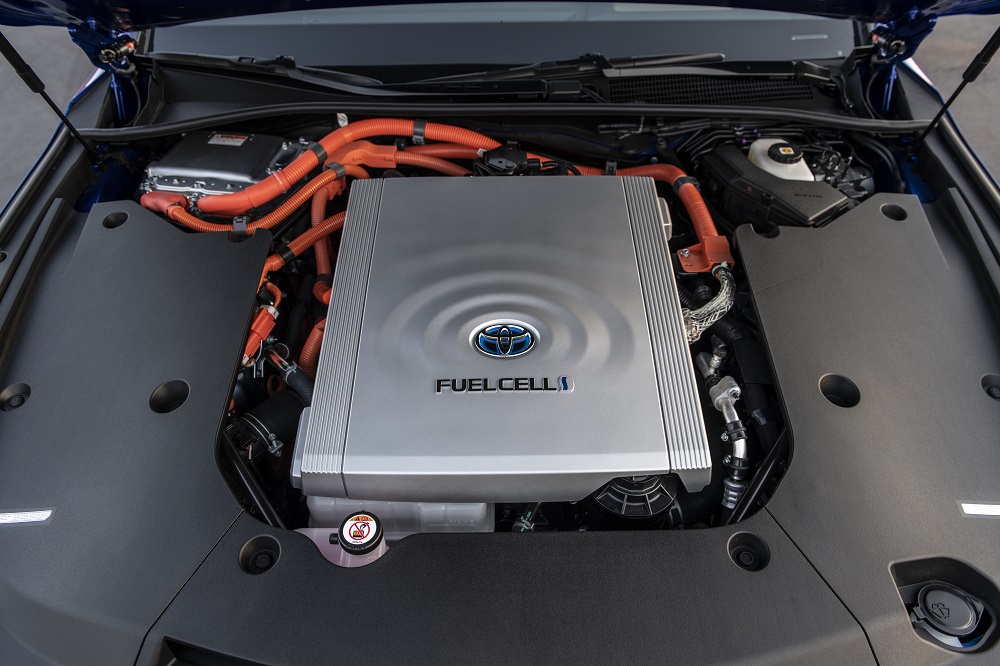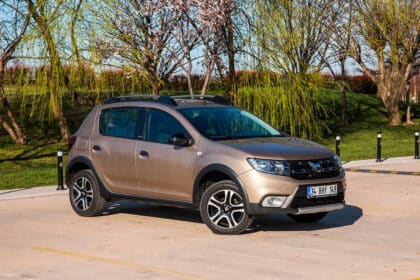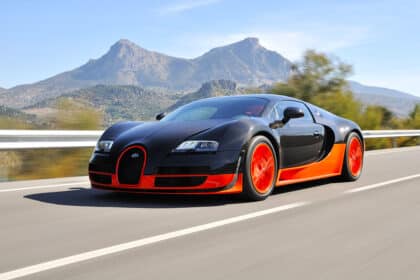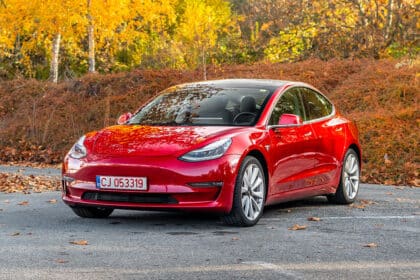
Toyota, a pioneer of automotive electrification and the world’s leader in hybrid vehicle technology, is not all that excited about battery electric cars. The automaker instead bet on fuel cells and has been slow to transition to BEVs. It’s now coming under fire for advocating against the Biden administration’s plan to invest billions in accelerating that transition for everyone.
According to The New York Times, top Toyota executive Chris Reynolds met with congressional leaders behind closed doors to argue that hybrids and hydrogen-powered fuel cell cars, such as the Toyota Mirai, should be included in the auto industry’s electrified future.
Global Warming: How to prep your car a hot summer
Toyota’s purported position is that in the long term, hydrogen technology represents a more sustainable path forward given that hydrogen is the most abundant resource in the universe. There are already some immediate advantages to hydrogen-powered cars, such as their quick refueling times and long ranges, which could help consumers get over range anxiety. But there are major downsides too. Hydrogen is extremely combustible and requires a lot of energy to produce. And then there’s the issue of infrastructure.
Even though mass adoption of hydrogen FCVs is unrealistic at this stage, this also used to be the case for BEVs. But thanks to a concerted research and development effort across the auto industry, battery technology, electric motors, and recharging infrastructure have steadily improved. In 1997, Toyota introduced the first mass-produced hybrid car. Now, over two decades later, BEVs are on the path to replace the traditional, combustion-powered car.
It’s not a stretch to believe that a similar, sustained R&D effort could bring hydrogen tech to the fore, but there’s no longer any time. Climate change is already impacting numerous regions around the world. Yet Toyota believes hybrid vehicles do more for the environment right now than EVs. In 2019, the automaker claimed it was able to produce enough batteries for 28,000 electric cars per year or 1.5 million hybrid cars — and that the latter reduce carbon emissions by a third more than the former. Additionally, ongoing concerns over range and charging times make hybrids and plug-in hybrids more appealing to the average consumer.
Car Market: Is now a good time to buy a new car?
In Toyota’s view, then, the future of the automobile is hydrogen — after all, the goal is not electrification, but de-carbonization. And the automaker insists that in the meantime, the transition to a carbon-neutral future should include all kinds of electrification options: hybrids, plug-in hybrids, and battery electrics. Indeed, it’s not as though Toyota is completely staying away from BEVs. It just revealed an all-electric SUV and plans to launch several more soon.
Is Toyota just sour about having lost its best against EVs and using political levers to stay relevant, or is it actually serious about hydrogen fuel cells and the environment? It’s probably worth saying that the automaker is one of the industry’s best performers when it comes to reducing emissions and waste at the production level.
Kurt Verlin was born in France and lives in the United States. Throughout his life he was always told French was the language of romance, but it was English he fell in love with. He likes cats, music, cars, 30 Rock, Formula 1, and pretending to be a race car driver in simulators; but most of all, he just likes to write about it all. See more articles by Kurt.








